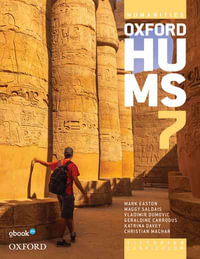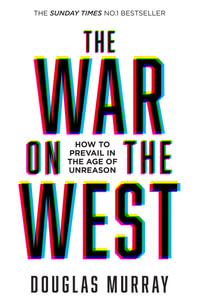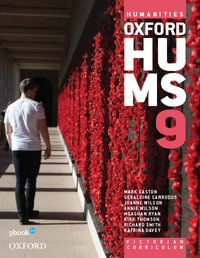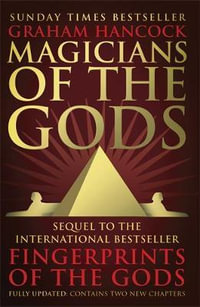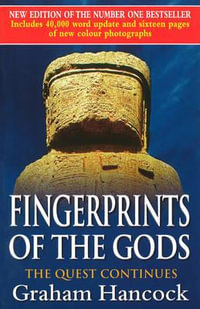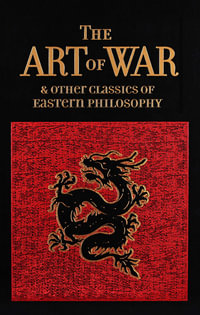
Veterans of Future Wars
A Study in Student Activism
Hardcover | 26 October 2010
At a Glance
Hardcover
$267.95
or
Aims to ship in 15 to 25 business days
ISBN: 9780739148297
ISBN-10: 073914829X
Published: 26th October 2010
Format: Hardcover
Language: English
Number of Pages: 212
Audience: Professional and Scholarly
Publisher: LEXINGTON BOOKS
Country of Publication: US
Dimensions (cm): 23.11 x 15.75 x 1.78
Weight (kg): 0.43
Shipping
| Standard Shipping | Express Shipping | |
|---|---|---|
| Metro postcodes: | $9.99 | $14.95 |
| Regional postcodes: | $9.99 | $14.95 |
| Rural postcodes: | $9.99 | $14.95 |
How to return your order
At Booktopia, we offer hassle-free returns in accordance with our returns policy. If you wish to return an item, please get in touch with Booktopia Customer Care.
Additional postage charges may be applicable.
Defective items
If there is a problem with any of the items received for your order then the Booktopia Customer Care team is ready to assist you.
For more info please visit our Help Centre.
You Can Find This Book In
Non-FictionEducationOrganisation & Management of EducationStudents & Student OrganisationsHistoryRegional & National HistoryHistory of the AmericasWarfare & DefenceMilitary Life & InstitutionsMilitary HistoryFirst World War HistoryGeneral & World History
Reference, Information & Interdisciplinary SubjectsInterdisciplinary StudiesPeace Studies & Conflict ResolutionSpecific Events & Topics in HistorySocial & Cultural HistoryOther Warfare & Defence IssuesMilitary VeteransSociety & CulturePopular Beliefs & Controversial KnowledgeHoaxes & DeceptionsHigher & Further Education
This product is categorised by
- Non-FictionEducationOrganisation & Management of EducationStudents & Student Organisations
- Non-FictionHistoryRegional & National HistoryHistory of the Americas
- Non-FictionWarfare & DefenceMilitary Life & Institutions
- Non-FictionHistoryMilitary HistoryFirst World War History
- Non-FictionHistoryGeneral & World History
- Non-FictionReference, Information & Interdisciplinary SubjectsInterdisciplinary StudiesPeace Studies & Conflict Resolution
- Non-FictionHistorySpecific Events & Topics in HistorySocial & Cultural History
- Non-FictionWarfare & DefenceOther Warfare & Defence IssuesMilitary Veterans
- Non-FictionSociety & CulturePopular Beliefs & Controversial KnowledgeHoaxes & Deceptions
- Non-FictionEducationHigher & Further Education


